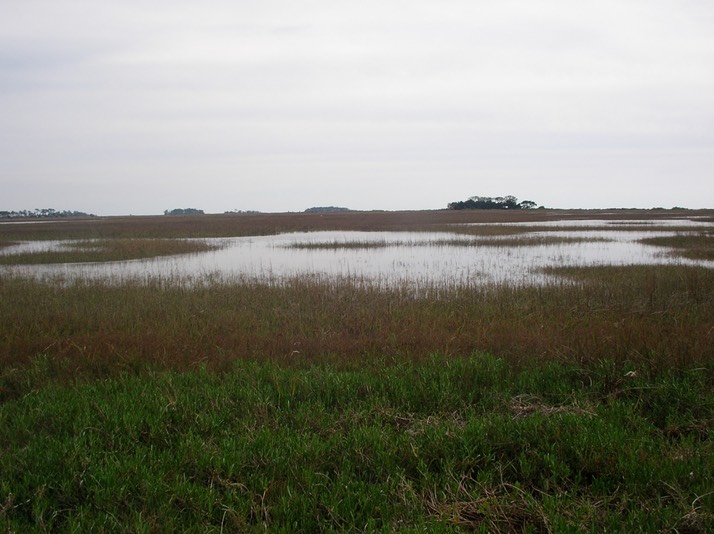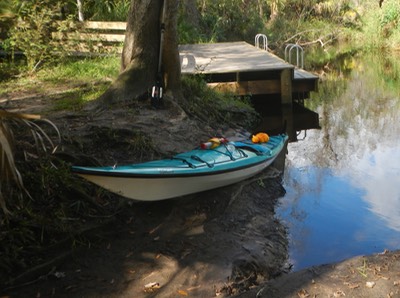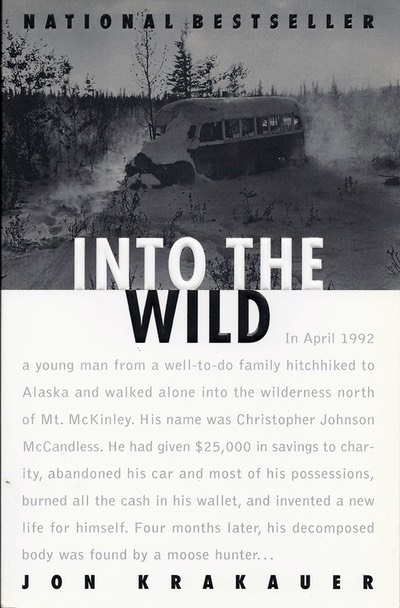
Book Reviewed: A Land Remembered
Author: Patrick D. Smith
Publisher: Pineapple Press, Inc., Sarasota, FL
Copyright: 1984, 2012
ISBN: 978-1-56164-539-7 (eBook)
Genre: Historical Fiction
Reviewed By: Yackman

Yackman’s Rating: 7 points out of 10

Let me start by saying that I do not generally review fiction on this site. The site is devoted to reviews of non-fiction adventure/survival stories. I made an exception with the Watson trilogy (click here for that review), a fictionalized account of the lives of real people who’s world I had visited and interacted with on a recent kayaking trip. It was because of my connection to the area of the Watson books and the fact that these were real people brought to life in a heck of a good story that I included it here.
So why am I including this book? After writing the review of the Watson books, Patrick Smith’s book, A Land Remembered, was recommended to me by more than a few people, saying that it was similar in many ways. So I downloaded the Kindle version and started to read.
A Land Remembered is a good story. It follows the MacIvey family through three generations in Florida, beginning during the Civil War and ending with the last MacIvey’s death in 1968. But because I had read the Watson stories I found myself struggling with what seemed to me to be behavior that violated the cultural norms of the time as illustrated in the Watson books.
This was the time of Emancipation, followed by Reconstruction, a period of extreme racial hatred, social unrest and lawlessness. The fact that Tobias MacIvey (first generation) discovers a starving negro teenager hiding in a palm tree and feeds him at his table, inviting him to stay and work on the farm, pretty much as an equal, violates so many norms of the time as to be unrealistic. A real Tobias of the time might have fed the boy and offered him work, but not at his table, and he would have maintained a gruff distance. Or he might have shot him or strung him up for trespassing on the property.
The same is true of the family’s relationship with a group of Seminole Indians. The Seminole’s are the only tribe that never signed a treaty with the government. The Seminoles retreated to the Florida swamps where they couldn’t be found. Technically they were still at war with the white settlers and were often shot on sight.

Yet when a starving group of Seminoles shows up at the edge of Tobias’s farm, he feeds them, lets them stay the night and gives them food to take with them when they leave. This starts a symbiotic relationship that persists through three generations. In fact Zech, Tobias’s son has a sexual relationship with Tawanda Cypress, a Seminole, which unbeknownst to him produces a son, Toby. Even though the two will never marry and years pass between their encounters, the Seminoles seem to accept this arrangement and the halfbreed in their midst.
This is far different from the treatment given a fallen Seminole girl in the Watson books. Her kin disown and abandon her after she has sex with a whiteman. She later hangs herself. Unfortunately, this is probably more typical of the time. Tobias, Zech, Towanda, Skillet (the black teenager) and others may all have been nice, kind people, but I don’t think they would have interacted in quite the way they are portrayed, given the cultural norms of the time.
One thing that I truly enjoyed in the Watson books that is totally missing in A Land Remembered, is the dialects used in the speaking voices of the Watson book characters. It really places them in that time in Florida. And I have been in enough parts of rural Florida with my kayaking to know that some of the dialects depicted in the Watson book still persist.

Still, A Land Remembered gives a good idea of what the coming of age in Florida was all about, through three generations of one family; how the land developed from a squatters homestead on the Kissimmee River to vast land holdings south of Lake Okeechobee and in Miami Beach. It is a grand sweep of time that shows in many ways what has been gained, but also what has been lost. However, if you want a period piece that I think is more true to the conditions, thinking and prejudices of the time, read the Watson Books.


